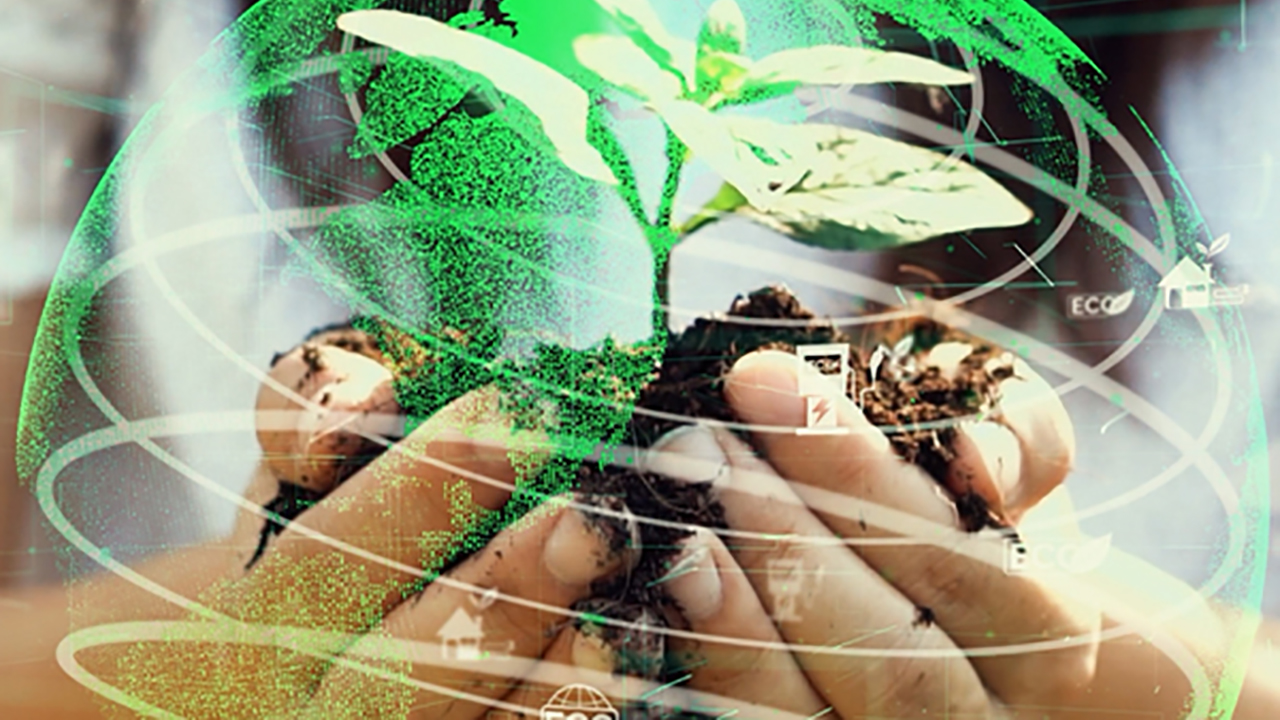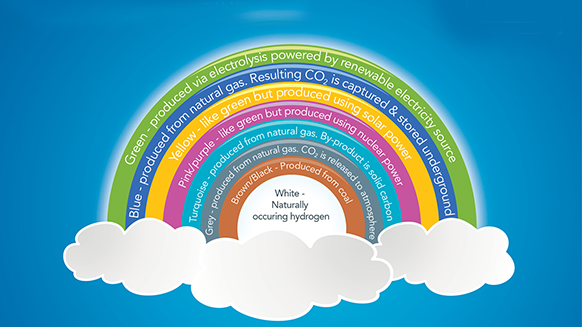Insights

Engineering Matters Podcast #269 The Pipeline to Net Zero
What are the engineering challenges that need to be overcome to create systems that can carry carbon dioxide, hydrogen, as well as ammonia and biogas at scale? And how can we take advantage of legacy pipeline infrastructure in historic industrial regions and bring new opportunities to local economies?

Back to the future
How can we embed new value into developer-led archaeology? Dr Kate Faccia, Jeremy Galpin, Caroline Raynor, and Dr Sadie Watson report

ECITB Collabor8 – Decarbonising industry: Net zero in the industrial clusters
How can industry create a strategy to offset their emissions? What are the key challenges for industrial decarbonisation? What actions need to be taken to ensure we have the skills needed to meet the net zero challenge?

We’ve agreed a net zero target by 2050 but have we agreed a technically deliverable plan to get there?
It is widely accepted that the way we fuel our cars, heat our homes and generate power, needs to change if we are to meet our decarbonisation commitments and address the developing climate crisis. An initial emphasis on electricity-based solutions has promoted the rise in popularity of electric cars, and more recently installation of heat pumps in homes.

The role of digitalisation in achieving net zero
Few people would dispute the fact that the planet is fast-approaching a ‘tipping point’ when it comes to carbon emissions, which explains why achieving net-zero greenhouse gases by 2050 if not before, isn’t just a UK target, but a legally binding responsibility. This ambitious decarbonisation commitment will force multiple industries to undergo transformational change, and a shift in mindset and approach is key among organisations large and small. But what role will digitalisation play?

10 Point Pod - Carbon capture, use and storage
When the UK Government released its Ten Point Plan for a Green Industrial Revolution in 2020, it included carbon capture, storage and usage as point number eight. Although the capture and safe storage of carbon dioxide has been discussed as an option for combatting climate change for many years, it is yet to come to fruition in the UK. So what is different this time round? What do we need to reach the Government aim of 10 million tonnes of storage capacity by 2030?

Blue or Green hydrogen? What colour will the fuel of the future be?
The debate around which direction the UK should take in terms of blue or green hydrogen is complex. Hydrogen can be produced by a variety of methods, and to differentiate between them, they are referred to as different colours. Blue and green hydrogen are the focus for this discussion in an article first published by Energy Voice.

Stabilising and reducing the volume of nuclear waste through plasma vitrification
Our civil nuclear director, Leigh Wakefield, discusses how thermal treatment of nuclear waste offers a range of advantages over more traditional compaction, grouting and/or direct disposal by reducing volume and stabilisation of waste materials.

Delivering decades of operational efficiency and certainty with through-life thinking
We live in a world where #servicedelivery is non-negotiable and the safety, resilience, reliability, and security of Critical National Infrastructure (CNI) is paramount. So what steps have you and your organisation taken to ensure timely service will meet demand without fail? In this article, Nick Jacques explores how important it is for those involved in delivering an asset to understand that their role is to deliver decades of operational capability not just handover a nice new shiny, high-profile asset.

A trio of powerhouse women leading the fight against climate change
In celebration of International Women’s Day, 8 March 2020, and in light of the recent launch of our industry leading climate change action plan, we are proud to put a spotlight on a trio of powerhouse women at Costain that are leading the fight against climate change across some of our major projects, ultimately helping to improve people’s lives.


